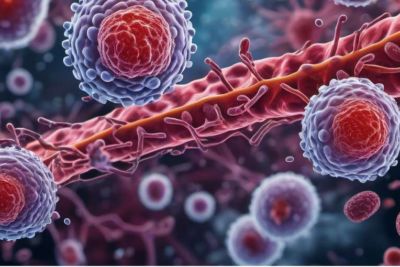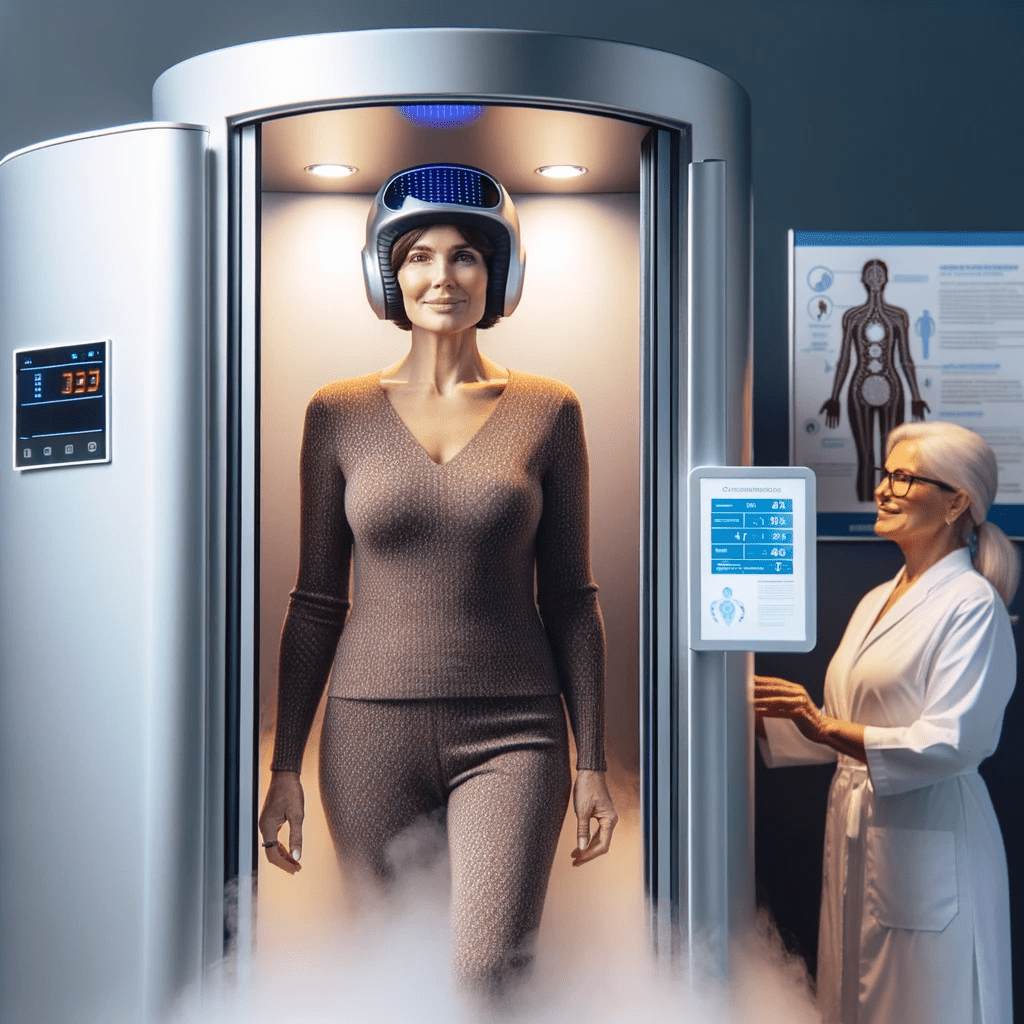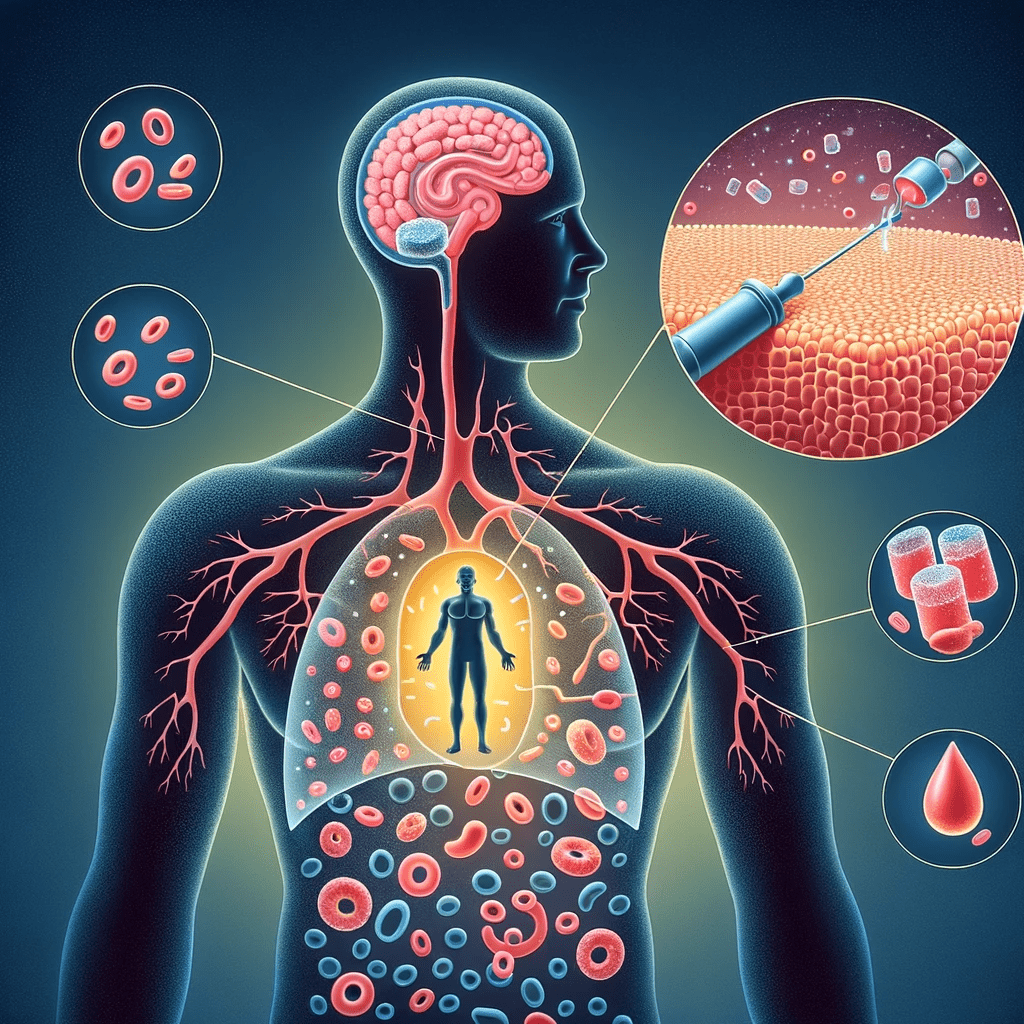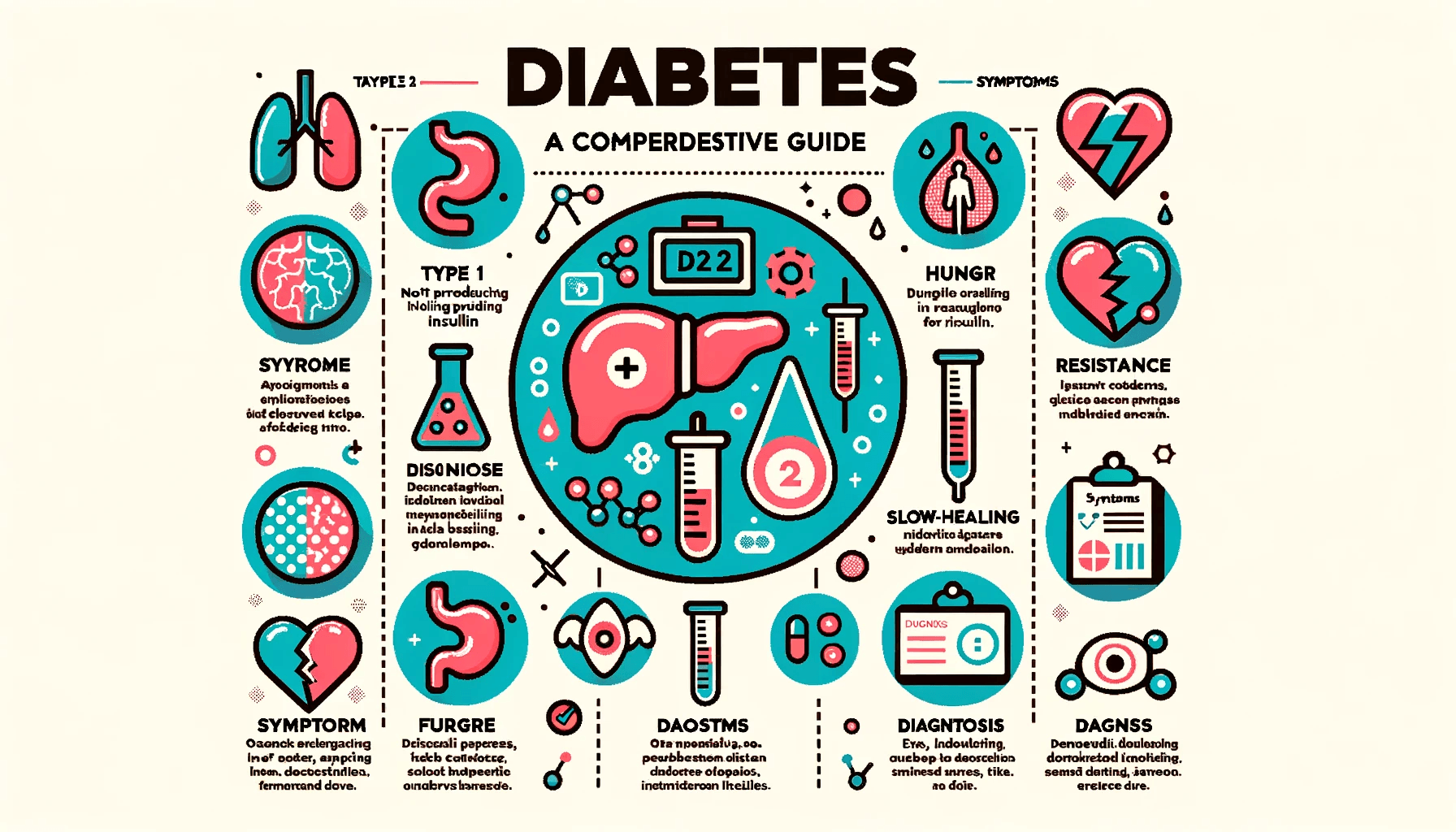
Diabetes is a chronic condition affecting millions worldwide, with type 2 diabetes accounting for the majority of cases. Recent research has sparked a glimmer of hope regarding reversing other types of diabetes, particularly type 2. While reversing diabetes doesn't equate to a cure, it implies the possibility of reducing or even eliminating the need for medication, through comprehensive lifestyle modifications and medical interventions.
In this article, we will explore various effective methods that have shown promise in reversing type 2 diabetes and delve into the practicalities and challenges associated with these approaches. From dietary adjustments to surgical options, understanding how these methods can impact diabetes is key to managing and potentially reversing this condition.
🔍 Seeking a breakthrough in Type 2 Diabetes management?
Discover our expert insights and innovative approaches on ‘How to Cure Diabetes’.
Click to transform your health journey today!
What you\'ll find in this article?
- What is diabetes reversal?
- How does weight loss impact diabetes reversal?
- Can a low-calorie diet help reverse diabetes?
- Is bariatric surgery an option for diabetes reversal?
- What role does fasting play in diabetes reversal?
- Are there other methods to reverse type 2 diabetes?
- Reversing type 2 diabetes: related questions explored
What is diabetes reversal?
Diabetes reversal refers to reducing and maintaining blood sugar levels within the non-diabetic range without the need for diabetes medication. It is often associated with remission rather than a permanent cure. This remission can be partial or complete and is typically monitored over an extended period to ensure that glucose levels remain stable.
Reversing diabetes with diet and exercise is a cornerstone approach to achieving remission. Lifestyle modifications involving healthy eating and regular physical activity can substantially reduce blood glucose levels and improve insulin sensitivity.
Research indicates that this remission is more readily attainable for those recently diagnosed or with shorter diabetes durations. Nonetheless, it requires a commitment to long-term lifestyle changes to sustain the benefits.
Explore our specialized services in diabetes care 🌟.
From personalized diet plans to effective exercise routines, we have what you need to take control of Type 2 Diabetes.
Visit our services page now!










How does weight loss impact diabetes reversal?
Significant weight loss is often heralded as the most effective way to reverse type 2 diabetes. It tackles one of the root causes of the condition, which is often excess body fat particularly around the abdomen. Can weight loss reverse diabetes? Yes, for many individuals, the answer is a resounding yes, as shedding pounds helps to improve insulin sensitivity and reduce blood sugar levels.
Achieving a body weight reduction of 5-10% can start yielding noticeable health improvements. For more substantial results, a loss of 15% or more can be transformative, potentially leading to diabetes remission.
Maintaining weight loss over time is crucial, as regaining weight can cause diabetes to return. Therefore, sustainable weight management strategies are imperative.
Can a low-calorie diet help reverse diabetes?
Adopting a low-calorie diet is another viable strategy for diabetes remission through lifestyle changes. Consuming fewer calories than the body burns leads to weight loss, which is beneficial for reversing diabetes. It's not only about eating less but also about choosing nutrient-dense foods that support overall health.
Studies suggest that a low-calorie diet, especially when followed for several months, can lead to significant improvements in blood glucose levels and can even reduce the need for diabetes medications.
However, it's essential to approach this kind of diet under medical supervision, ensuring that all nutritional needs are met to avoid potential deficiencies.
Is bariatric surgery an option for diabetes reversal?
Bariatric surgery is a more invasive but highly effective option for diabetes reversal, particularly for individuals with obesity. By physically altering the digestive system, these surgical procedures can lead to dramatic weight loss and significant improvements in type 2 diabetes.
Such surgeries not only aid in weight reduction but also cause hormonal changes that improve insulin sensitivity and blood sugar control. The resolution of diabetes following bariatric surgery can often occur rapidly, sometimes even before significant weight loss occurs.
While promising, bariatric surgery is not without risks and is usually considered after other methods have been tried. A thorough medical evaluation is necessary to determine suitability for this option.
What role does fasting play in diabetes reversal?
Methods to reverse type 2 diabetes can include various fasting regimens. Intermittent fasting, for instance, cycles between periods of fasting and eating. This method has gained attention for its potential to improve glycemic control and reduce insulin resistance.
When the body enters a fasting state, it begins to use stored fat for energy, which can lead to weight loss and improved insulin sensitivity. The impact of fasting on diabetes reversal is still being researched, but early findings are encouraging.
As with any dietary intervention, it's important to consult with a healthcare provider before starting a fasting regimen, particularly for individuals with diabetes, to ensure it's done safely.
Are there other methods to reverse type 2 diabetes?
Beyond the strategies already discussed, other methods may contribute to diabetes reversal. These can include medication adjustments, herbal supplements, and stress-reduction techniques.
Medications that improve insulin sensitivity or promote weight loss may also help in achieving remission. However, it's paramount to discuss any changes in medication with a healthcare professional.
Stress management is another critical aspect as stress can negatively affect blood sugar levels. Therefore, incorporating relaxation techniques like meditation, yoga, or counseling can be beneficial.
Supplements such as chromium or magnesium may have a role in managing diabetes, but their effectiveness in reversing the condition is less clear. Always consult with a healthcare provider before starting any supplement regimen.
Can all types of diabetes be reversed?
While reversing type 2 diabetes is a possibility for some, it's important to note that not all types of diabetes are reversible. Type 1 diabetes, for example, is an autoimmune condition that currently cannot be reversed.
Other forms like gestational diabetes, which occurs during pregnancy, typically resolve after giving birth, although it does increase the risk of developing type 2 diabetes later in life.
What is the life expectancy of a person with Lada diabetes?
Latent autoimmune diabetes in adults (LADA) is a form of diabetes that shares characteristics with both type 1 and type 2 diabetes. The life expectancy of a person with LADA can be similar to the general population, provided it's well-managed.
Early diagnosis and proper management, including lifestyle changes and medication, are crucial in managing LADA effectively.
Can you go from type 2 to type 1 diabetes?
Type 2 and type 1 diabetes are distinct conditions with different underlying causes. Someone with type 2 diabetes cannot develop type 1 diabetes. However, misdiagnosis can occur, so it's critical to get the correct diagnosis from the start.
Type 1 diabetes is an autoimmune condition, whereas type 2 is largely associated with lifestyle factors and genetics.
What are the warning signs of diabetic ketoacidosis?
Diabetic ketoacidosis (DKA) is a serious and potentially life-threatening complication of diabetes, characterized by high blood sugar and ketones in the blood. Warning signs of DKA include excessive thirst, frequent urination, nausea, abdominal pain, weakness, and confusion.
If any signs of DKA are present, immediate medical attention is necessary.
In conclusion, while the notion of reversing diabetes, particularly type 2, offers hope, it's essential to approach this goal with realistic expectations and under the guidance of healthcare professionals. Successful reversal depends on individual circumstances, and there's no one-size-fits-all answer. By exploring the various methods discussed and adopting a personalized plan, individuals with type 2 diabetes can improve their health outcomes and potentially achieve remission.
✨ Other articles you might be interested in:
- Understanding the differences between type 1 and type 2 diabetes
- Understanding Hypo (Hypoglycaemia): Causes, Symptoms, and Management
- Gestational diabetes: Understanding causes and symptoms
- Exploring the possibility of a diabetes cure
- Exploring how insomnia could play direct role in causing type 2 diabetes



